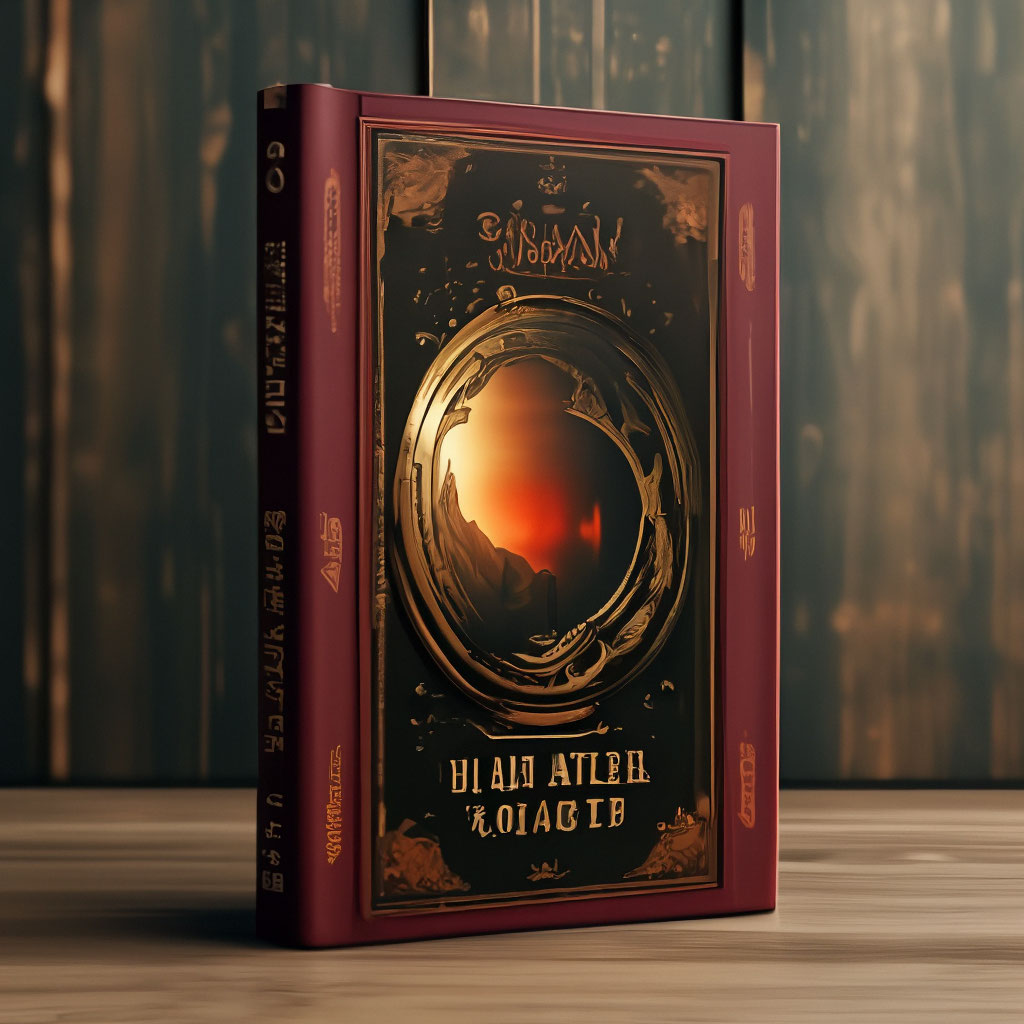Some white South Africans have grown up with the sound of African singing accompanied by drumming in their ears at night. It stirred feelings of fear, of mystery, and fascination, but also of avoidance - "Leave it alone, it is not for us." They were told by their elders. And so they knew nothing about the aim, purpose and use of singing, dancing and drumming in the life of the native African - it was brushed aside as meer "beer parties". The white South African knew and understood even less about these as methods of healing and bringing comfort to body and mind. Yet for many the fascination remained, ad did the mystery. No cultural group can exist meaningfully without its living myths, rituals, and ceremonies. Moreover, in southern Africa the coexisting racial groups have a unique opportunity of being mutually enriched and fertilized by exploring, accepting and understanding on another"s cultural beliefs and practices. This book aims at improving such understanding, and at building a bridge of empathy between "two worlds": the Western way of experiencing life, which is largely rational, intellectual and technological, and the world of the traditional Xhosa, which is primarily intuitive, non-rational and oriented towards symbols and images. The author writes about her research work among the indigenous Xhosa healers and sets out to show that much of what is commonly called "the witchdoctor"s magic" is not magical in the usual sense of the word, but is intuitively based on sound principles of depth psychology widely practiced in the West. Living in Two Worlds is required reading for anyone interested in the social, political and psychological realities of southern Africa. Это и многое другое вы найдете в книге Living in Two Worlds (Vera Buhrmann)
Living in Two Worlds Vera Buhrmann
Подробная информация о книге «Living in Two Worlds Vera Buhrmann». Сайт не предоставляет возможности читать онлайн или скачать бесплатно книгу «Living in Two Worlds Vera Buhrmann»
